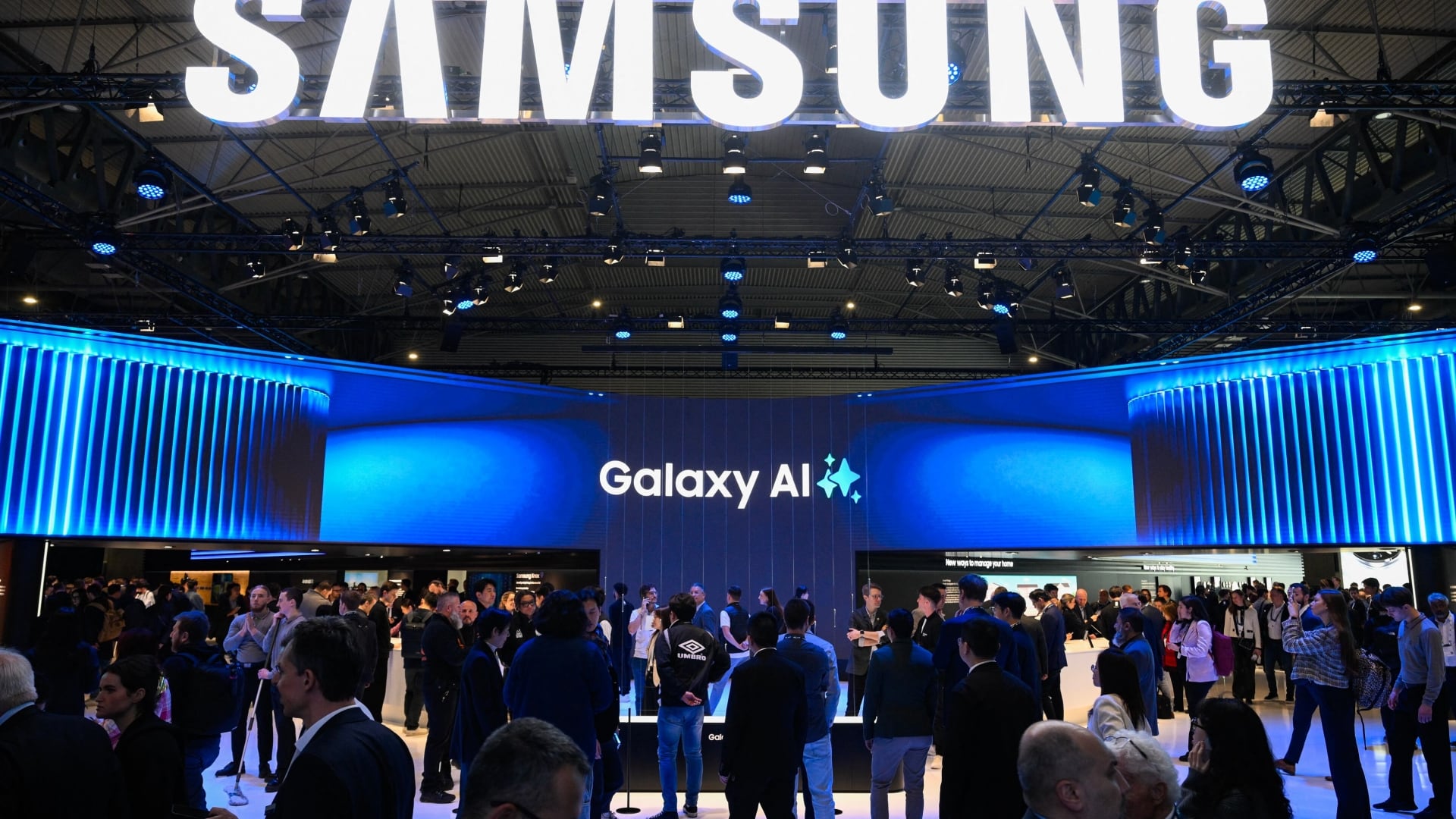*By Jeffrey Marcus* Consumer Reports magazine reversed course Wednesday and recommended Tesla's Model 3 only a week after warning about the vehicle's braking system. The magazine's director of automotive testing, Jake Fisher, said the electric automaker changed the braking system software with an "over-the-air update" that [improved the Model 3's stopping distance](https://www.consumerreports.org/car-safety/tesla-model-3-gets-cr-recommendation-after-braking-update/) by almost 20 feet. “I’ve been at CR for 19 years and tested more than 1,000 cars, and I’ve never seen a car that could improve its track performance with an over-the-air update," said Fisher. A week ago, the company found that a Model 3 going 60 miles an hour needed 152 feet to stop ー 20 feet more than other cars in its class. Fisher said at the time he told Tesla's CEO Elon Musk he would re-evaluate the car after Tesla made upgrades. "Tesla listened to those results, they found the problem and they were able to update the vehicles remotely with an over-the-air update," Fisher said in a interview Wednesday with Cheddar. "We got our update this weekend, we did our testing yesterday." The changes shortened the distance it took for a Model 3 to stop, bringing it inline with other compact luxury cars and Tesla's own claims. "I've never seen anything like this, where you can actually update braking performance," Fisher said. "That's something that a lot of people didn't think was possible." The update was enough to impress Fisher, but it didn't address all of Consumer Reports' concerns. The magazine also cited the Model 3 for wind noise, a stiff ride, and uncomfortable rear seats, issues [Musk assured the magazine](https://www.consumerreports.org/tesla-model-3/elon-musk-tells-consumer-reports-tesla-will-fix-model-3-flaws/) he would address. Additional concerns about the car's audio, phone, and climate controls could be handled with another over-the-air software upgrade, Musk said. Consumer Reports said it would take the unusual step of renting a Model 3 from Tesla to test it again. For the full interview, [click here](https://cheddar.com/videos/consumer-reports-changes-recommendation-for-tesla-model-3).












